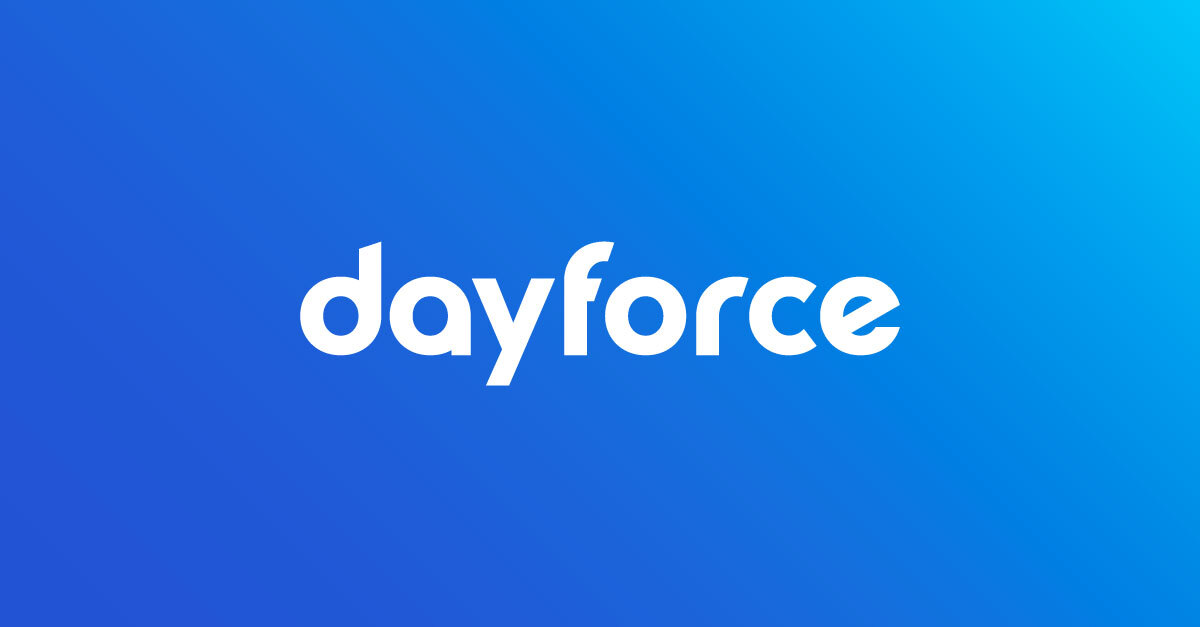The gig economy: What HR leaders can learn from gig work to create engaging experiences for their people
To be seen as an employer of choice, it’s critical to invest in your people’s growth. But gig work platforms in their current state don’t always offer opportunities for progression and development. In part three of our series on the gig economy, we explore three ways traditional employers can provide a more valuable employee experience to attract and engage talent.

Table of Contents
Every year, more and more workers around the world are leaving traditional full-time jobs in favor of alternative work. According to Deloitte, more than 40% of the U.S. workforce works on a contingent basis.
There are many reasons why workers are attracted to the gig model. Visit most gig work forums or social platforms and you’ll likely find reviews where freelancers and gig workers share their experiences “being their own boss” or “working on a variety of different projects.” While these are common reasons why people choose gig work, there are also ways in which traditional employers can provide more meaningful experiences to better attract gig workers and engage and retain their existing workforce.
Here are three areas HR leaders can focus on to accomplish this.
1. Help employees build their skillsets
Providing learning and development opportunities generally leads to better long-term retention for many organizations – an advantage traditional workplaces still hold over gig work. Gig work is often short-term and transactional on a task-by-task or project-by-project basis. Most people come to a gig with skills they already have – for example, those who sign up for driving services already know how to drive, and freelancers typically have strong skills in their craft. Gig platforms don’t often invest in workers’ development, such as getting professional designations or certifications.
However, the demand for certain skills is shifting. According to McKinsey, technological skills will experience the most growth and demand over the next several years, including both basic digital skills and more advanced technological skills. Demand for higher cognitive skills, social, and emotional skills is also expected to rise. This presents opportunity for traditional companies to offer ways in which employees can sharpen their existing skillsets and develop new ones — for example, offering better training and career development by investing in Learning Experience Platforms (LXPs). This technology provides greater flexibility for employees to learn what they want, when they want while catering to different learning styles and preferences.
Related: The top five skills that companies need most for the future of work
2. Support growth through career pathing
Career progression isn't just about promotion – it’s about building a profession and doing meaningful work – but gig work may not clearly support a career path. For example, gig workers who want to build expertise and skills to become interior designers may struggle to find related work, instead landing short-term task-based gigs such as organizing closets. It could be difficult to translate these tasks into a full-time design career, and gig platforms generally don’t help expand workers’ expertise beyond these simple tasks. Gigs don’t often provide the value that an apprenticeship can, or even the exposure that a receptionist mentored by a leader at a design firm could get.
Career progression isn't just about pay; it's about building expertise in a field or job and owning both the conceptual portions and the execution of work. That’s what makes work meaningful. Employers can create career paths and succession plans based on where workers want to be in the future. Mentorship, apprenticeship, and leadership programs can be offered to demonstrate investment in both personal and professional growth.
3. Empower people with a sense of meaning, ownership, and purpose
Gig work can give the impression workers are “their own boss;” however, this isn’t necessarily the case. There are a lot of parameters workers need to follow on gig platforms – many of which protect the worker, the company, and customers. For example, gig workers may need to maintain high customer ratings so they aren’t automatically “fired” from the platform. This type of work doesn’t provide as much autonomy and ownership as one would think.
Turning a full-time job into a series of gigs isn’t a cheat code to better value. Likewise, transitioning an employee to independent contractor won’t give that worker a greater sense of ownership over their work. Employers can recognize these limitations and develop people-centric talent strategies to better attract, engage, and retain talent:
- Workers want more immediate feedback and interaction on their work, so use surveys to engage and measure worker sentiment.
- Workers want meaningful work, so give them clear goals and objectives, track and measure project progress more frequently than the annual performance review, and create career plans that align with both company and employee goals.
- Workers want to own both the conceptual design and the tactical execution of their job, so ensure job descriptions clearly delineate the work expectation, and that current workers can easily match their skills, interests, and prior experience to open requisitions.
Read the rest of the gig economy series:
What can traditional employers learn from the gig model to improve the EX?
Can flexible pay bring the appeal of gig work to traditional employment?
You may also like:
Ready to get started?


